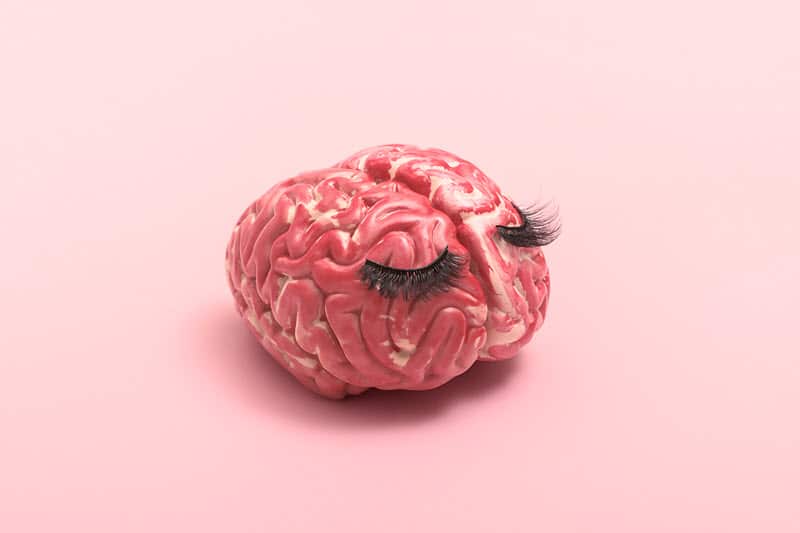Delirium and Mental Confusion

Delirium happens when a person has a sudden change in mental state. Mental confusion is one of the manifestations; the person can have difficulty thinking clearly and paying attention. People who experience mental confusion and delirium often appear to be disoriented, distracted, and even uncommunicative or highly talkative.
The condition can be classified into two types: hyperactive and hypoactive delirium. A person who experiences hyperactive delirium will manifest overactivity and often become agitated, restless, and even aggressive. Meanwhile, people who exhibit hypoactive delirium become extremely sleepy and slow to respond to external stimuli.
According to doctors, hypoactive delirium is more common as it affects 75% of patients exhibiting the condition. Delirium and mental confusion can happen if a person has a history of alcoholism, liver damage or failure, or hormonal issues such as hyperthyroidism or hypothyroidism. Health experts can treat delirium and mental confusion based on their medical history and the results of their laboratory tests. They may also prescribe medications, but most specialists recommend rehydration, antibiotics, and benzodiazepines for those who have alcohol and drug withdrawal conditions. In addition, doctors advise providing reassurance, encouraging eating and movement, and promoting good sleeping habits as part of the treatment regimen.










